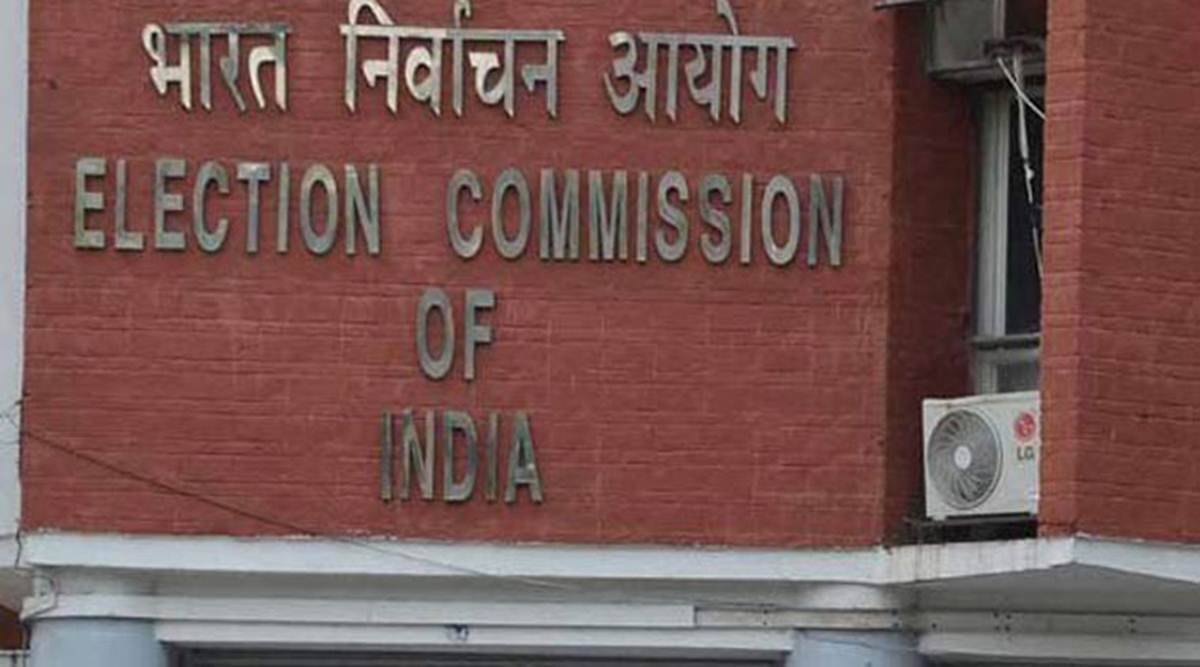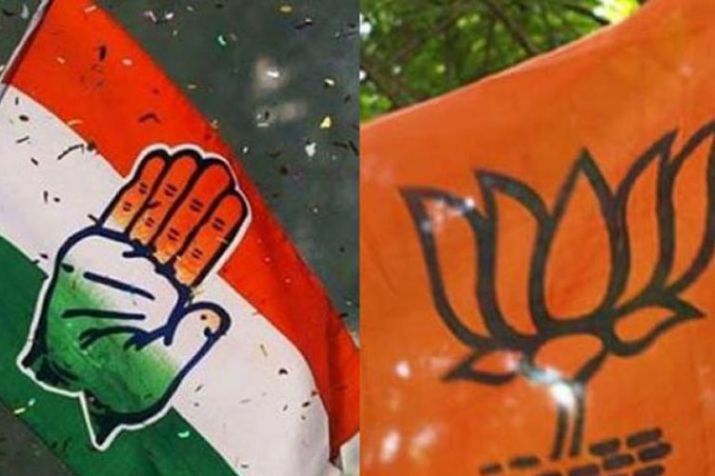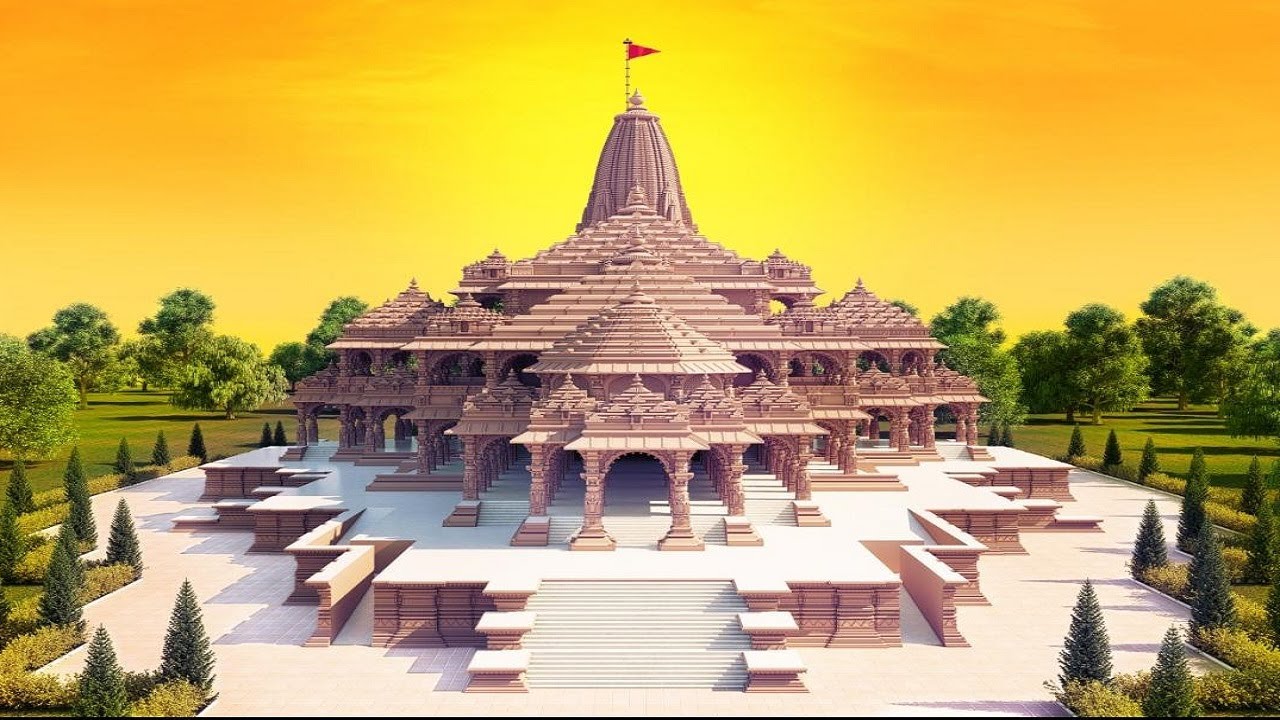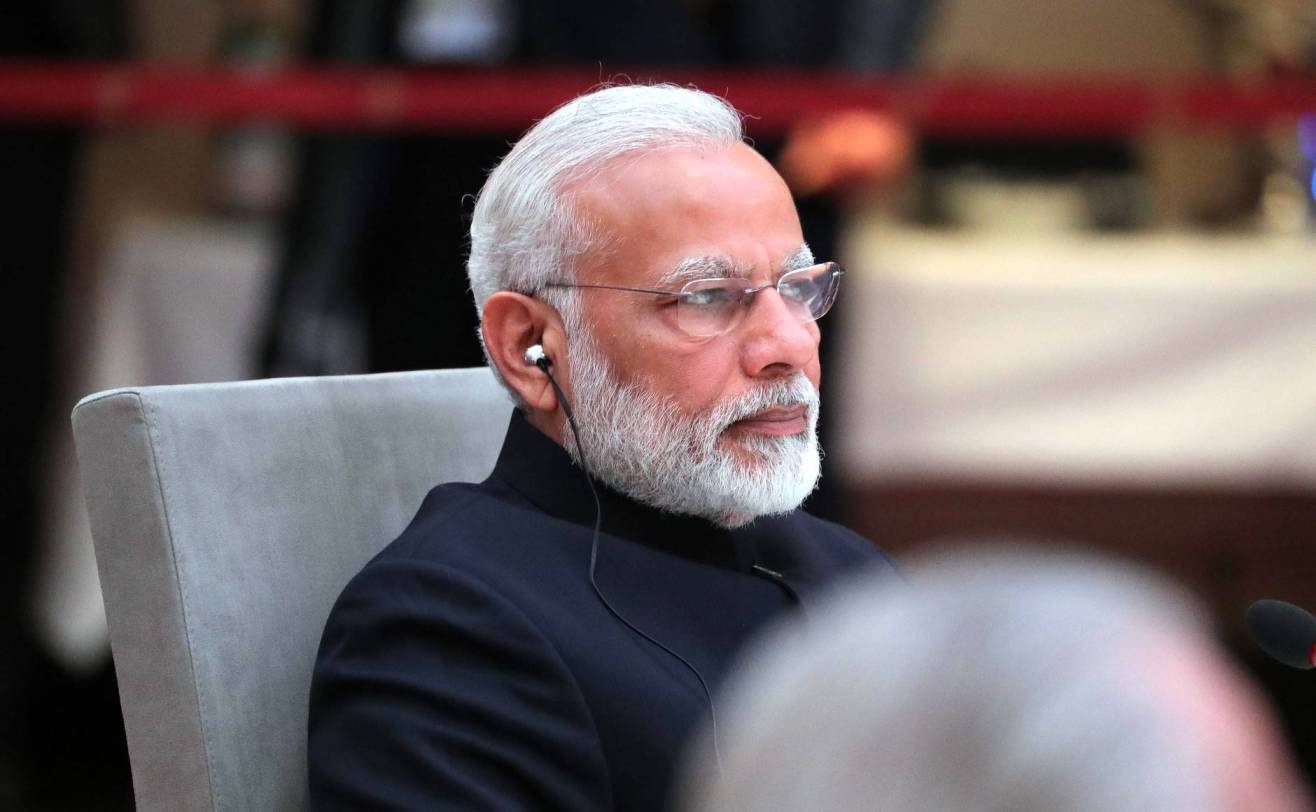As the world navigates intense geopolitical shifts and rising regional tensions, the call for reform of the United Nations Security Council (UNSC) is growing louder. One of the most prominent voices in this debate is the chorus of countries backing India for a permanent seat on the council. Support from nations like the United States, France, the United Kingdom, Bhutan, Japan, and a host of African nations highlights India’s growing global stature. In an era where China’s aggressive foreign policies are challenging the existing world order, India emerges as the ideal candidate to help balance global power dynamics.
India has long been a key player in international diplomacy, and its case for a permanent seat on the UNSC has never been stronger. As the world's most populous nation, India represents over 1.4 billion people, a vast segment of the global population that deserves a more significant voice in international governance. Additionally, India is the fastest-growing large economy, making it a vital player in shaping the global economic landscape.
The need for UNSC reform stems from the council’s outdated structure, which reflects the world order as it existed after World War II. The current permanent members— the United States, China, Russia, the United Kingdom, and France—no longer adequately represent the geopolitical realities of the 21st century. For global governance to be more representative and effective, emerging powers like India need to be included in decision-making processes at the highest level.
India’s economic rise has been nothing short of remarkable. As one of the few large economies to sustain rapid growth in a post-pandemic world, India is attracting global attention for its booming tech industry and robust labor force. Major global corporations are increasingly looking to India as a key destination for investment, particularly in technology, pharmaceuticals, and healthcare.
India has established itself as a global technology hub with a vibrant start-up ecosystem and world-class information technology (IT) services. The country is home to some of the world’s largest tech firms and is a leader in software services, artificial intelligence, and space exploration. Its highly skilled labor force and top-tier universities make India a source of innovation and talent for the world economy.
Moreover, India's pharmaceutical industry, known as the "pharmacy of the world," plays a critical role in global healthcare. It is one of the largest producers of generic medicines, supplying affordable healthcare solutions to developing and developed nations.
Another factor enhancing India’s global influence is its vibrant diaspora. With over 30 million Indians living abroad, India's diaspora plays a significant role in strengthening economic, political, and cultural ties with countries around the world. Indian professionals are leaders in fields ranging from technology to medicine, contributing to innovation and growth in their host countries.
However, the rise of China as an economic and military superpower has raised alarm bells across the globe, particularly due to its assertiveness in the Indo-Pacific, its aggressive stance on territorial disputes, and its growing influence in international organizations. China's Belt and Road Initiative (BRI) has created significant dependencies in many developing nations, allowing it to project power far beyond its borders.
In this context, India stands as a counterbalance to China for the rest of the world. With a growing strategic partnership with the United States, Japan, Australia, and several European nations, India’s role in balancing China's ambitions in the Indo-Pacific region is crucial. India’s participation in key groupings like the Quad and its increasing military capabilities further strengthen its case for a permanent UNSC seat. The world needs a democratic counterweight to China, and India fits that role perfectly.
The global chorus supporting India’s bid for a permanent seat on the UN Security Council continues to grow louder, as the world grapples with the need for a more balanced and inclusive international order. India’s strategic importance, economic power, technological prowess, and vibrant diaspora make it the ideal candidate to help shape global governance. India’s rise will provide a democratic counterbalance to China's rising influence. As the world looks to balance rising challenges, India remains the best bet for a stable, secure global future hence a truly deserving country for a permanent Security Council seat at UNSC.
Prashant Tewari, Editor-in-Chief








 OpinionExpress.In
OpinionExpress.In















Comments (0)